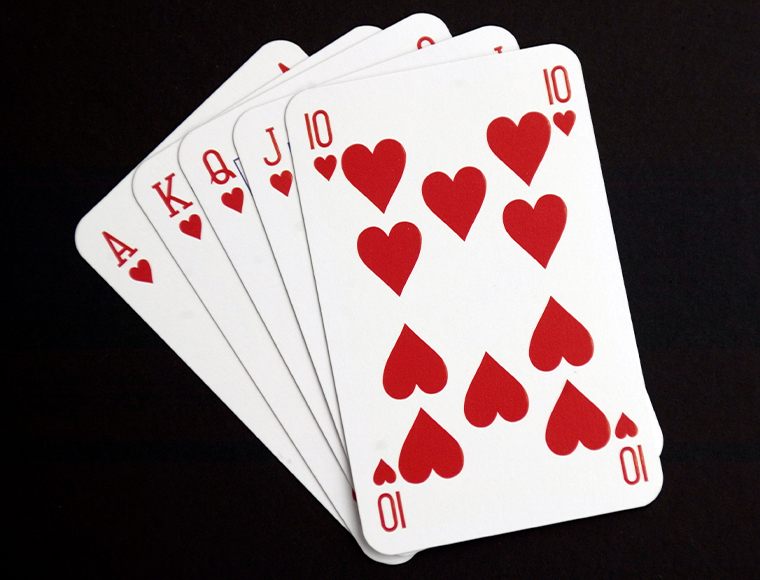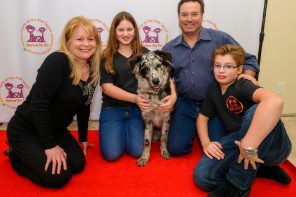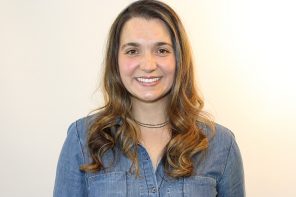In 1992, Queen Elizabeth II coined the phrase annus horribilis to describe a “horrible year” that saw the collapse of many of her children’s marriages and a fire at Windsor Castle. It was, she said with characteristic British understatement, “not a year on which I shall look back with undiluted pleasure.”
For most, 2020 has definitely been a diluted-pleasure kind of a year. The pandemic’s incalculable loss — of lives, livelihoods and sheer ways of life — was the most defining feature of 365 days that also saw an alphabet-exhausting string of storms and other natural disasters as well as manmade ones that erupted in protests at racial injustice.
But for some — far more than will acknowledge it — 2020 was a very good year. They suffered no loss of health or wealth. In fact, they made money, often in the surprisingly euphoric, shades-of-the-1920s stock market. They used the lockdown to reorganize their lives and acquire new skills. They took the proverbial lemons and made lemonade.
Some, like artist Fay Ku (Page 20), who picked up additional teaching assignments, felt guilty about their good fortune. Others didn’t mind proclaiming it. This from author Susie Orman Schnall’s newsletter:
“Despite 2020 being, well, 2020, it’s been quite a year. For me it meant a summer book launch, cooking 3,621 dinners, running ‘the calendar club’ in April, voting for a new president and lots of family time.” How nice for her.
For still others of us, 2020 was not a particularly bad year, not because we necessarily excelled but because we’d already been through our own personal annus horribilis.
2010 — my 2020
It actually began in 2009. In the summer of the Great Recession, I lost my job as senior cultural writer at The Journal News, a dream assignment, then saw my beloved Aunt Mary, who raised me, undergo disastrous hip revision surgery that exacerbated a kind of dementia that included Capgras Syndrome — a condition in which the sufferer thinks the person closest to her, that would’ve been me, has an evil twin. Dementia is a downward spiral of denial, dread, despair and death. That autumn and the winter of 2009-10, Aunt Mary and I were in and out of hospitals and nursing homes until she finally came home for good on Thursday, March 11, 2010. That Monday, the Ides of March, I would start a new job as a reporter for the Westchester and Fairfield County Business Journals. Things were finally looking up. I would work to give my aunt the care, the end, she deserved. Everything would be all right.
And then a massive oak tree fell on our house at 8:40 p.m. Saturday, March 13 in a late-winter nor’easter.
‘Battalions of sorrows’
I am not alone in the multiple-whammy phenomenon.
“A few years ago, I went through a period in my life where it seemed like everything that could go wrong did,” Maria Konnikova said in a recent “In My Humble Opinion” piece pbs.org/newshour/show/striking-the-
balance-between-luck-and-skill#transcript for the “PBS NewsHour.” “Out of nowhere, I came down with an autoimmune disorder that no one could diagnose. My grandmother, totally healthy, slipped on her way to the bathroom and never woke up. My husband lost his job. My mom lost her job, all in a span of weeks.”
Konnikova, a Ph.D. in psychology, is a keen poker player and author of “The Biggest Bluff: How I Learned to Pay Attention, Master Myself, and Win.” Her thesis is that life, like poker, is a game of luck and skill in which there will always be uncertainties. But, she said, “if you keep making the right choices, if you keep thinking well and acting thoughtfully, if you keep putting yourself in a position to win, then, eventually, the variance will be on your side.”
Me? I don’t subscribe to luck. Rather I think we are strands in the universe and that what we perceive to be good or bad luck is merely the strand we shall contribute to the universe’s design. Of course, we don’t know where the strand will take us, so we keep following it. Or, to put it in Konnikova’s parlance, we keep playing the hand we’re dealt.
Preparing to summit
“Your destiny is to be a writer,” my aunt had told me before the portal of her mind closed forever. Faced with the inevitable loss of the great love of my personal life — my aunt passed away in an ice storm on Groundhog Day, Feb. 2, 2011 — on top of the loss of the great love of my professional life and the near loss of our lovely home, I somehow still knew I would not be defeated. I would find meaning in life and in suffering by locating meaning in her death-in-life. We would celebrate every holiday, every birthday, every day, such as it was. I would remake the house, only better, and in remaking our home, I would remake my life.
I would create a support team that prepared me for the day when I would manage people as editor of WAG, a position publisher Dee DelBello offered me when she purchased the magazine in November 2010. I would create a garden in which I sat as my aunt slept, dreaming of the day when I would actually travel the world.
And I would write — not just essays and articles but the poetry that would ultimately lead me to become a novelist and blogger. Konnikova would say that I kept putting myself in a position to win — something that is near-impossible for those who, unlike me, have no resources. But what I knew is this: My aunt’s life and death delivered me into a brilliant life. And what I learned is this: The valley is but the preparation for the summit.
Suffering is but the springboard for the next step we have to take on our journeys. The subsequent paths may not be easier. They will probably be different from what we have known. But they will surely, in their own ways, lead to something better.





